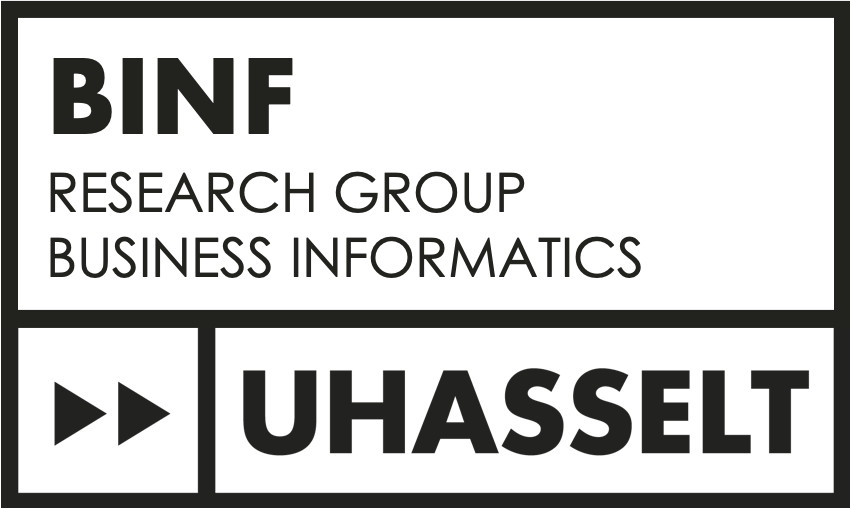Predictive Fault Trees and Data-Driven Techniques in Critical Systems
Speaker:
- Roberta De Fazio


This event has already taken place.
Abstract of the talk
The coming of the Internet of Things (IoT) paradigm impacted on the industrial environment, encouraging the fourth industrial revolution: Industry 4.0. The need to ensure high reliability in critical systems is leading to a new maintenance process — i.e., the predictive maintenance — and consequently new system modelling and analysis techniques. In this context, both Model-Based (MB) and Data-Driven (DD) approaches can be leveraged for assessing these issues.
Recently, DD approaches have gained more popularity, due to their ability to capture and figure out insights directly from the real data. Their success has been encouraged even by the Artificial Intelligence (AI) applications’ exponential growth gained in the last few years. However, these techniques required a huge quantity of data to be applied and to figure out precise insights. Moreover, one of the most discussed aspects of their application is explainability, in particular for critical applications. Indeed, the MB techniques design the system in its overall setting, leading the analysis through a more precise context that considers several domain specifications, guaranteeing more explainability in the results. On the other hand, they lack flexibility since the design phase cannot consider natural deviation arising only once the system starts running. An example of MB methods is constituted by the Fault Trees (FTs): a solid formalism, widely accepted in both academia and industry.
For these reasons, a challenging issue is the definition of a hybrid technique combining the strengths of both the approaches, and leading to a more precise understanding of the dynamics and processes of the systems. This research has the objective of improving the FT formalism by adapting it to the new challenge of Predictive Maintenance (PdM). The long-term goal is to join the benefits of DD techniques (flexibility and adaptability to several contexts) with the transparency and explainability of MB methods. The extension is presented with the description of the abstract notation, highlighting the novelty of the extension. The perspectives of the possible applications of DD techniques to the proposed formalism are also discussed.
No registration is required.
About the speaker
Roberta De Fazio is a Ph.D. student in Mathematics, Physics, and Engineering Applications at the University of Campania “Luigi Vanvitelli”. She got a Master’s degree in Mathematics. Her research interests lie in analysis techniques capable of combining data-driven approaches - Machine Learning and Data Mining - with domain knowledge formalisms for predictive maintenance of critical systems in railway and medical domains. Her recent research activities focus on the application of emerging analysis techniques in industrial systems and the development of hybrid approaches through mathematical modelling of the problem. She is engaged in a research collaboration with the industrial partner Gematica. Before her academic career, she was employed at Gartner, gaining experience in industrial, consulting, and management domains.
Roberta Defazio

